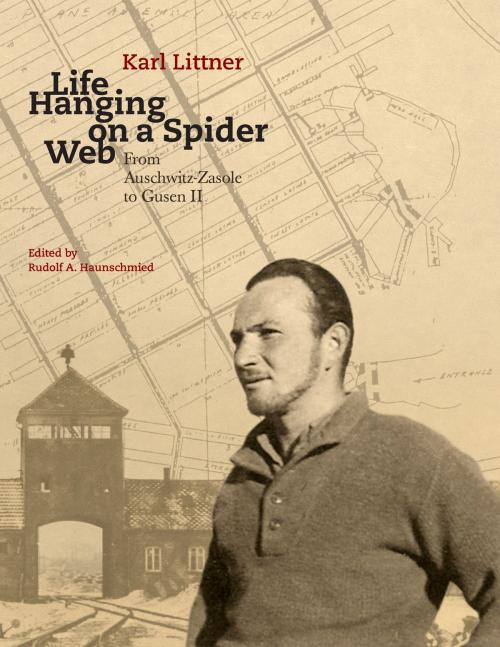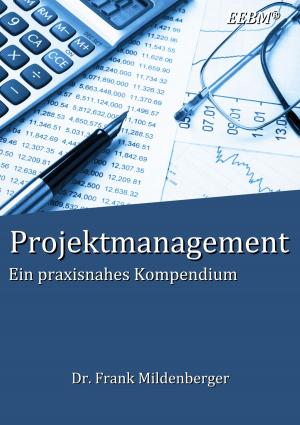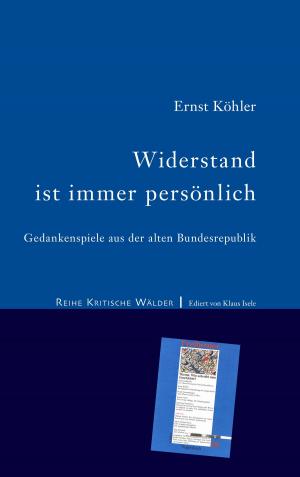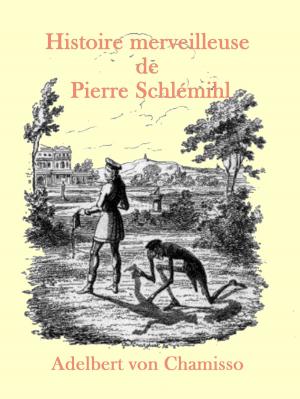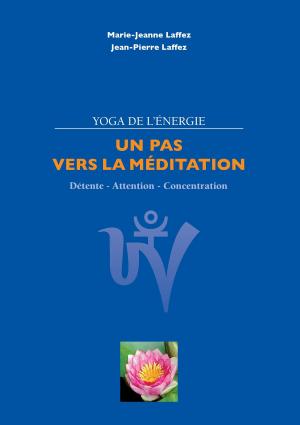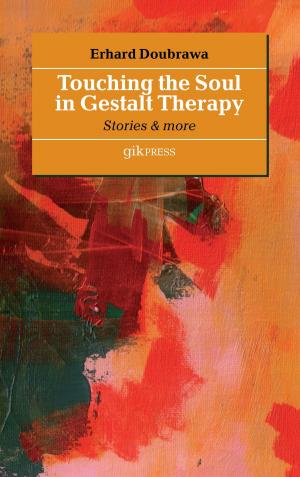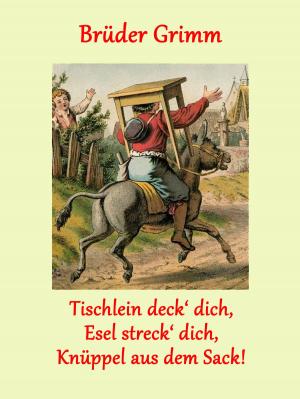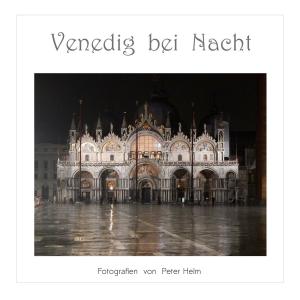| Author: | Karl Littner | ISBN: | 9783844870022 |
| Publisher: | Books on Demand | Publication: | October 26, 2011 |
| Imprint: | Language: | English |
| Author: | Karl Littner |
| ISBN: | 9783844870022 |
| Publisher: | Books on Demand |
| Publication: | October 26, 2011 |
| Imprint: | |
| Language: | English |
With his very personal memoirs, Karl Littner - a Jewish boy from Auschwitz-Zasole - gives insight into Jewish life and anti-Semitism in his hometown Oswiecim - Oshpitzin - Auschwitz, Poland before the Second World War. Along with his odyssey, he gives details about some not so well known German forced labor camps like ZAL Raupenau-Kotzenau, Hermannsdorf, Gross Masselwitz, or Grünberg which he passed through in the years 1941 to 1943 via Transfer Camp Sosnowitz (Sosnowiec). He offers his very personal experiences about the difficult life and the systematic terror of the SS and its helpers against Jewish families in Ghetto Sosnowitz/Srodula before he managed to survive Concentration Camp Auschwitz-Birkenau and Gross-Rosen-Fünfteichen by being sent to Concentration Camp Mauthausen-Gusen II, where he was near his end in the huge underground aircraft plant "Bergkristall"at St. Georgen/Gusen. Although his new life began with the liberation from Nazi terror in Concentration Camp Gusen II, Karl Littner describes also the difficult way back into ordinary life. His path to success led him with his German wife Miriam via Straubing and Tel Aviv to Chicago and finally Los Angeles.
With his very personal memoirs, Karl Littner - a Jewish boy from Auschwitz-Zasole - gives insight into Jewish life and anti-Semitism in his hometown Oswiecim - Oshpitzin - Auschwitz, Poland before the Second World War. Along with his odyssey, he gives details about some not so well known German forced labor camps like ZAL Raupenau-Kotzenau, Hermannsdorf, Gross Masselwitz, or Grünberg which he passed through in the years 1941 to 1943 via Transfer Camp Sosnowitz (Sosnowiec). He offers his very personal experiences about the difficult life and the systematic terror of the SS and its helpers against Jewish families in Ghetto Sosnowitz/Srodula before he managed to survive Concentration Camp Auschwitz-Birkenau and Gross-Rosen-Fünfteichen by being sent to Concentration Camp Mauthausen-Gusen II, where he was near his end in the huge underground aircraft plant "Bergkristall"at St. Georgen/Gusen. Although his new life began with the liberation from Nazi terror in Concentration Camp Gusen II, Karl Littner describes also the difficult way back into ordinary life. His path to success led him with his German wife Miriam via Straubing and Tel Aviv to Chicago and finally Los Angeles.
